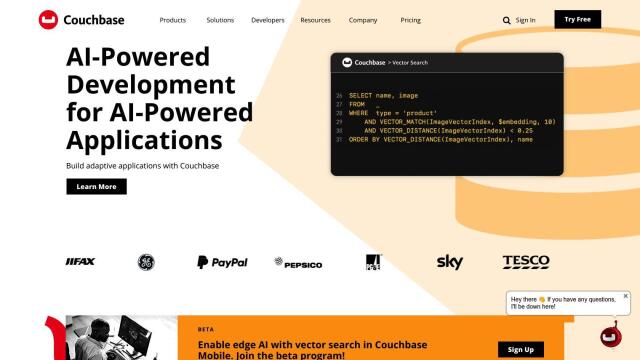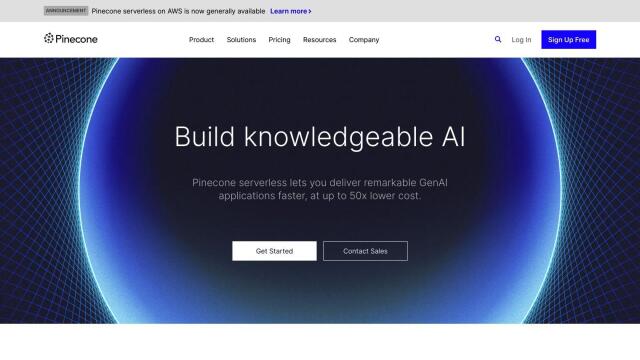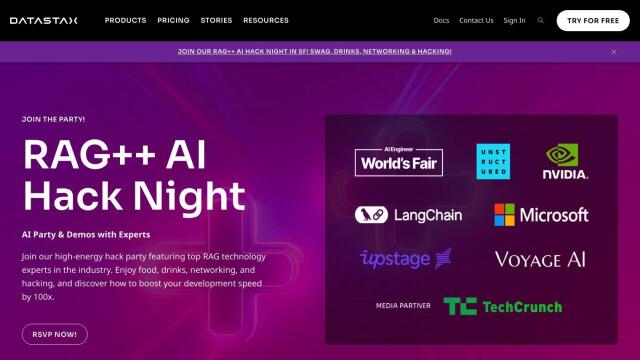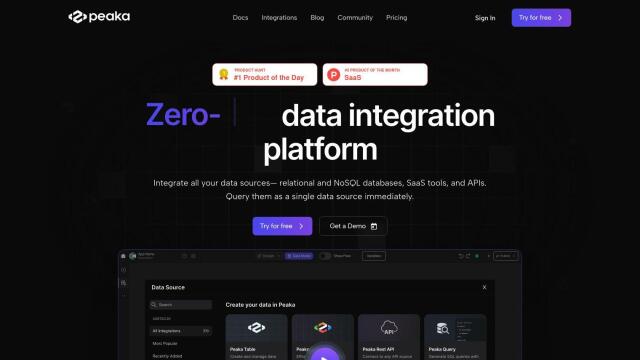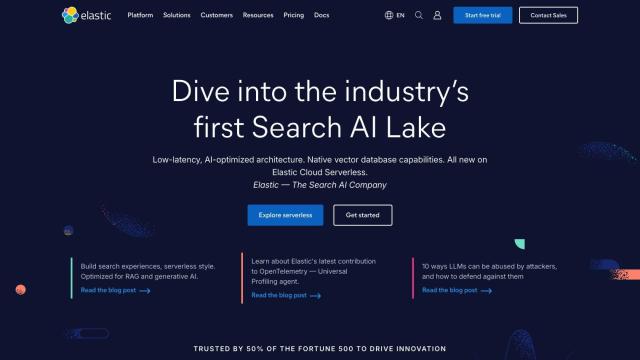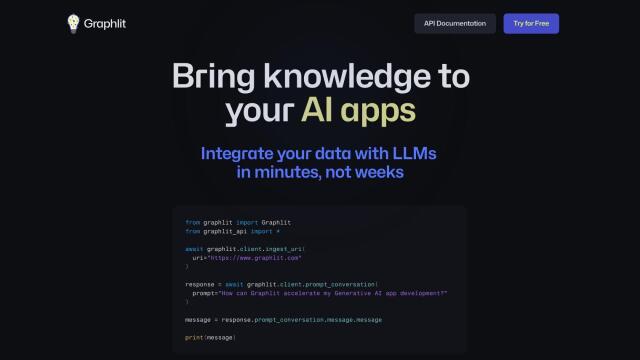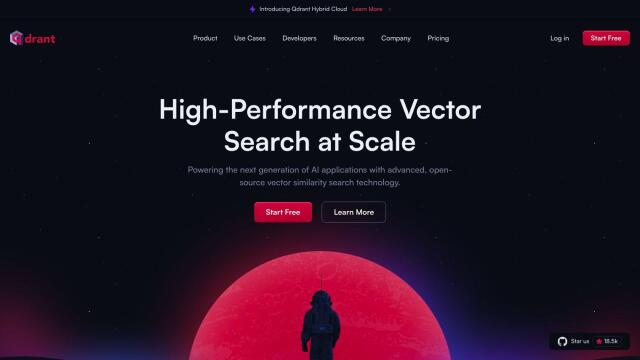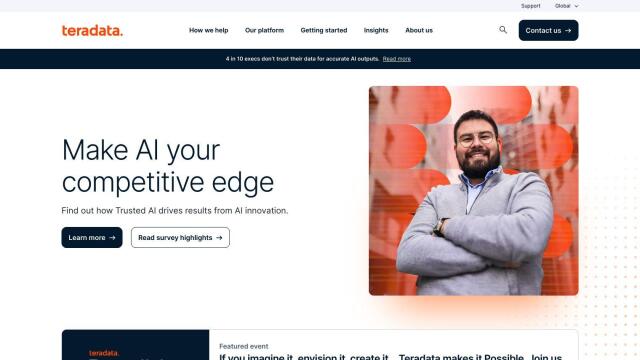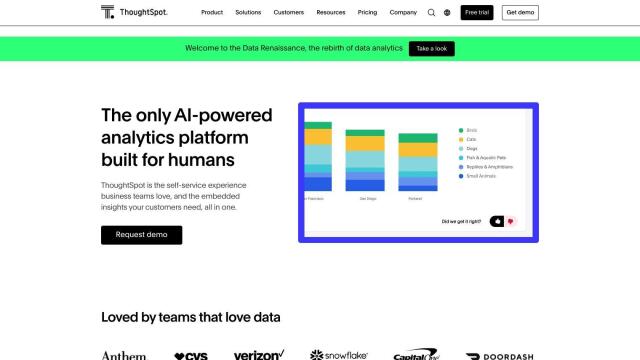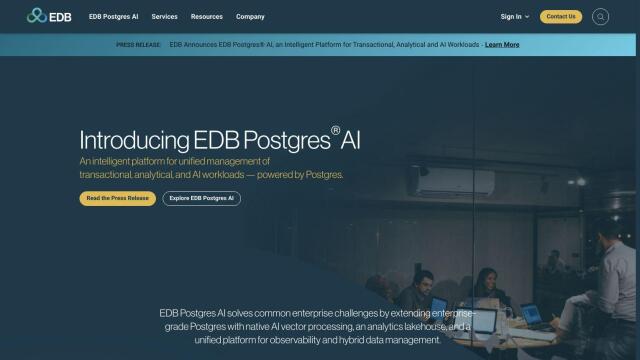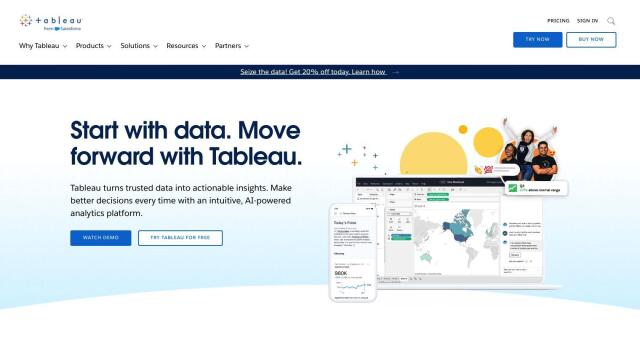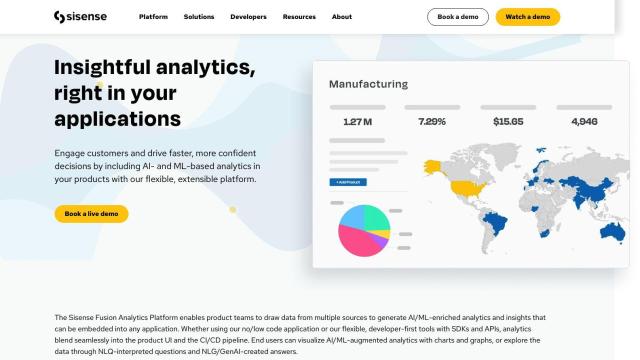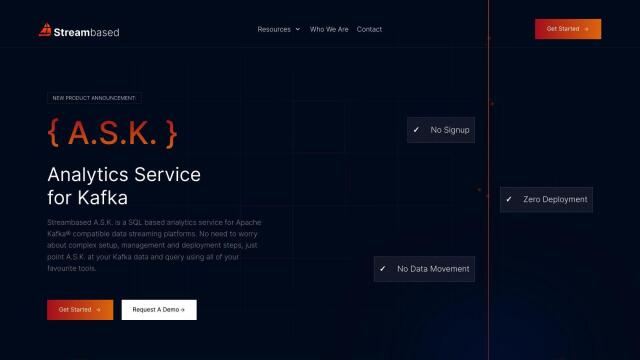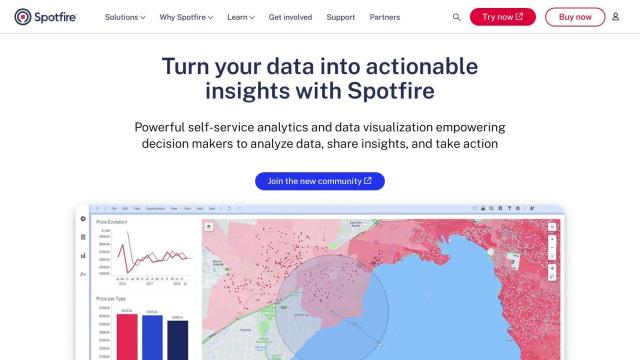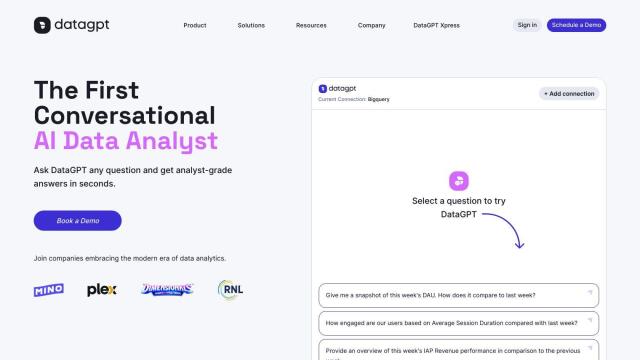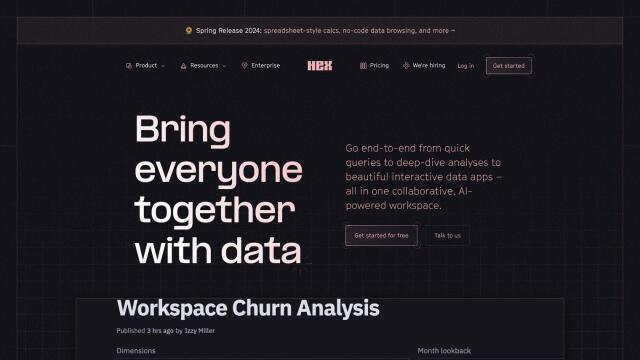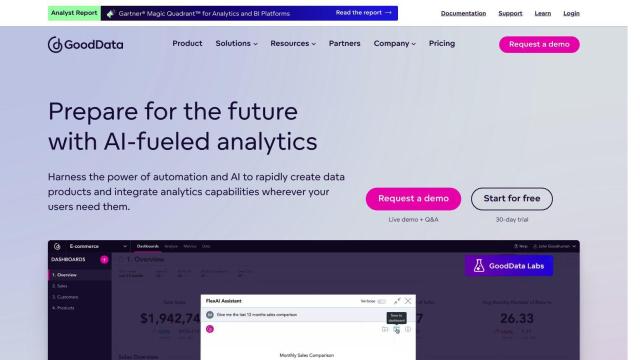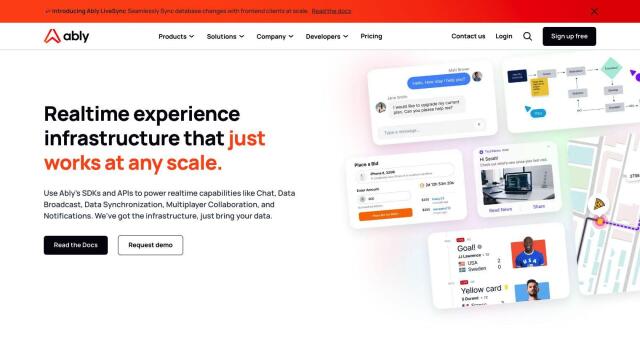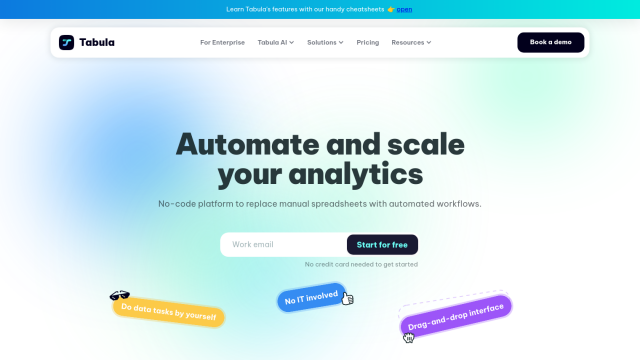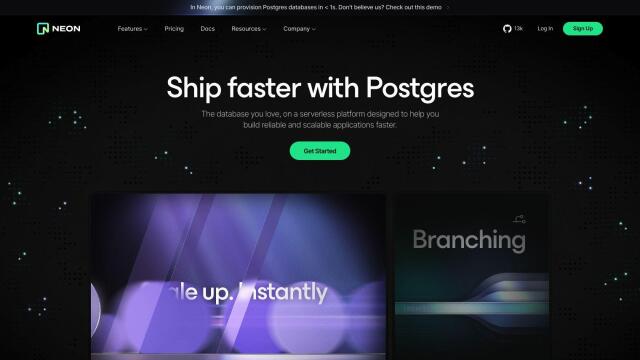Question: Is there a graph database that can support real-time insights and fast data updates for informed decision-making?

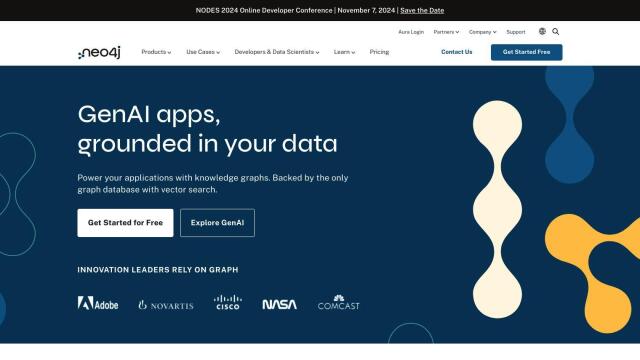
Neo4j
If you need a graph database that delivers real-time insights and high-speed data ingest, Neo4j is a top contender. Neo4j is a graph data platform for connecting and querying complex data, with support for data science and machine learning, vector search, and real-time analytics. It's designed to scale to massive data sets and offers enterprise-class security and cloud flexibility, so it's well suited to developers and businesses that need high-performance graph databases.

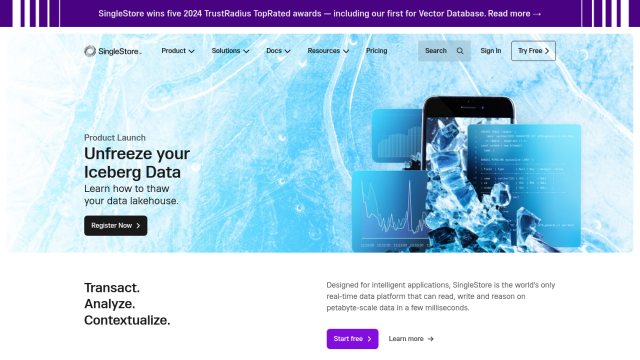
SingleStore
Another powerful option is SingleStore, a real-time data platform that can handle petabyte-scale data sets with millisecond query performance. It combines transactional and analytical data in a single engine with high-throughput streaming data ingestion, making it a good choice for smart applications. SingleStore offers flexible scaling, high availability, and a universal store that combines the performance of columnstore and rowstore databases, and it offers a free tier and standard/enterprise plans.

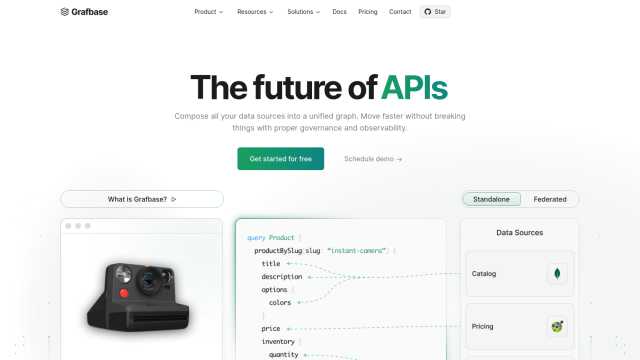
Grafbase
For a developer-centric option, Grafbase is a unified graph platform that lets you compose multiple data sources into a single graph. It supports modern tooling for building GraphQL APIs, federation, and deploy-anywhere flexibility. Grafbase also offers advanced security features, schema registry, and edge caching, so it's well suited for real-time insights and fast data updates.

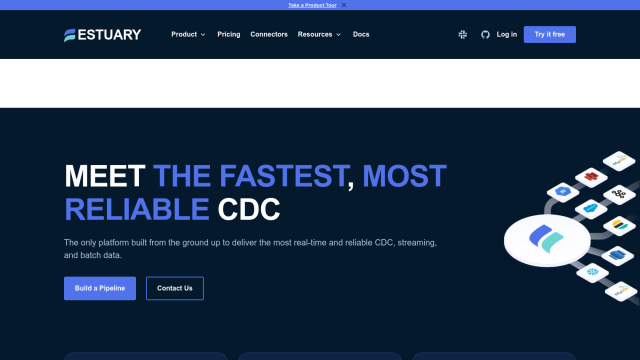
Estuary
Last, if you're more concerned with integrating and automating data pipelines, Estuary offers a real-time data integration platform with options like CDC, ETL and streaming pipelines. It offers sub-100ms end-to-end latency and 100+ no-code connectors for capturing data from a wide variety of sources, so it's a good choice for agile DataOps and reliable data integration.

